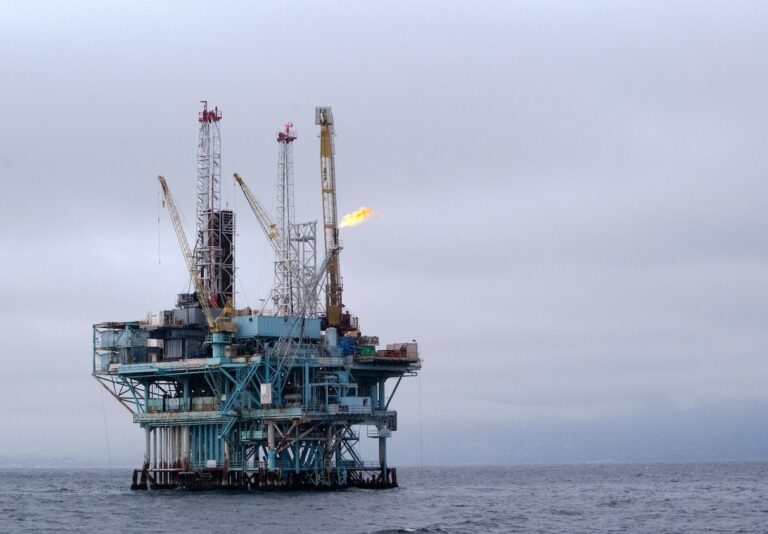Diesel and petrol prices are rising again after weeks of decline. According to data, the entire network is experiencing an increase in fuel prices, particularly petrol.
According to the data, the average price of petrol in self-service mode is around €1.865 per litre, up by €0.005 per litre compared to the previous observation.
The price also increases for self-service, where on average it reaches €2 per litre, up by €0.004 compared to the previous observation.
Table of Contents
Diesel on the rise
According to the Ministry’s data, the price of diesel is also on the rise on the entire national network, bringing the average price to €1.712 per litre in self-service mode, up €0.08 per litre from the previous observation.
For diesel, the served price is also up by €0.07 compared to the previous reading, reaching €1.852 per litre, a price close to that of petrol in self-service mode.
LPG and CNG on the rise
LPG and CNG are also on the rise, specifically, LPG goes from an average cost of €0.715 per litre to around €7.37 per litre, while CNG goes from €1.412 per litre to €1.491 per litre.
For LPG and CNG, it should be remembered, the only price is the served price, since for safety regulations for this type of fuel self-service is not allowed.
Why are prices rising?
The price of fuel and energy is rising across the board, and in particular fuels such as petrol, diesel, LPG and methane appear to be increasing on average between 0.04 and 0.1 euro per litre.
For the time being, the oil market is doing relatively well for consumers because the price of oil is now around $78 per barrel. The OPEC (Organisation of the Petroleum Exporting Countries) producers announced two months ago a major reduction in production to lift prices. This is a recovery from very low values.
The increase in other words, this time, does not depend on sanctions or the reduction of supplies from Russia, but on Saudi Arabia’s decision to cut its production quotas as early as July.
OPEC has in fact decided to implement a tightening of oil production, and consequently also gas production, from 2024. Cuts that Saudi Arabia, one of the world’s leading oil exporters, has however decided to implement as early as July 2023. The direct consequence of these first crude oil production cuts is a general increase in the price of all oil derivatives.
With this in mind, it is possible to anticipate that when OPEC implements large-scale crude oil production cuts in January 2024, new increases in the cost of diesel and petrol will follow.












